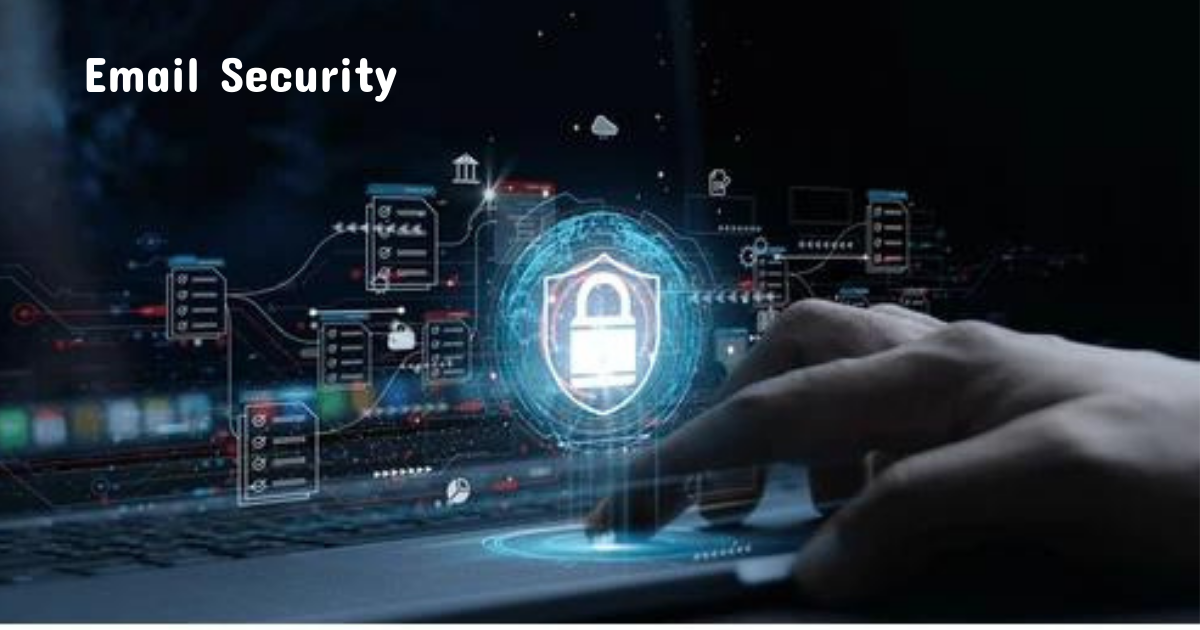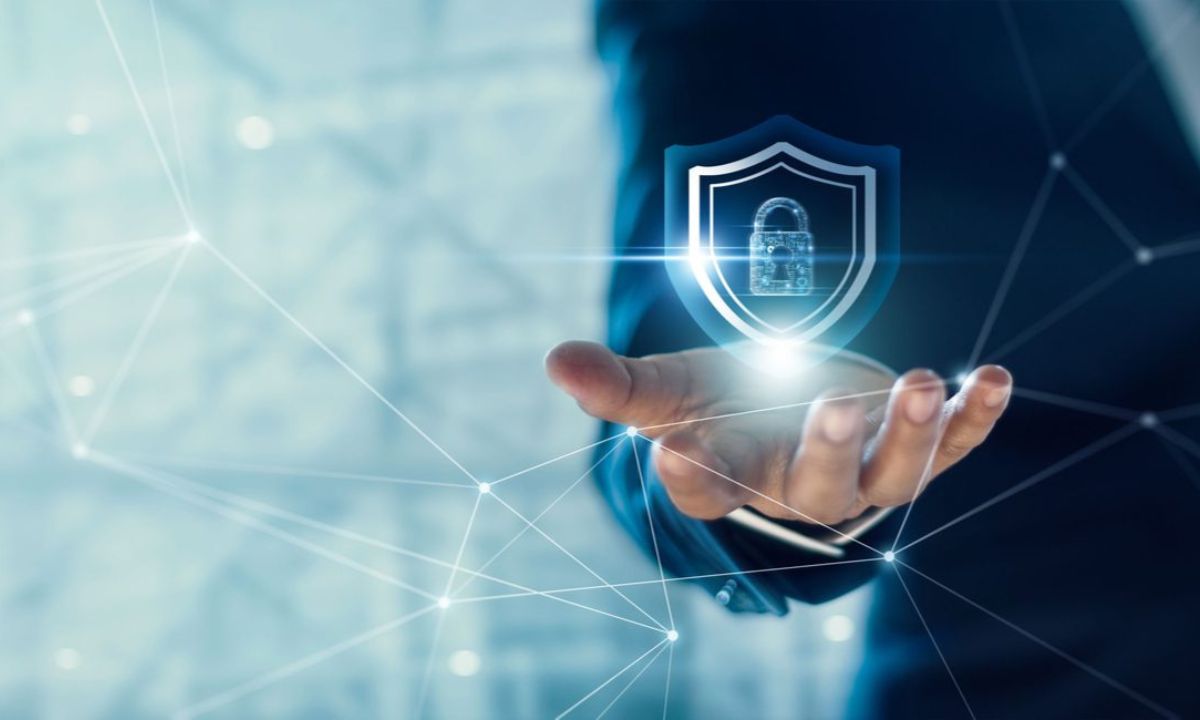In today’s digital age, emails have become the backbone of personal and professional communication. Yet, with this convenience comes significant risk. Hackers, phishing scams, and malware are rampant, exploiting vulnerabilities in email systems. Understanding email security and implementing measures to protect your inbox is essential for both individuals and businesses.
In this article, we’ll explore the importance of email security, common threats, and effective ways to safeguard your email account.
What is Email Security?
Email security refers to various measures used to protect email accounts, content, and communications from unauthorized access, loss, or compromise. With cyberattacks becoming more sophisticated, it’s vital to implement strategies that shield personal and business emails from breaches.
Why is Email Security Important?
Email is one of the most targeted platforms by cybercriminals. It is often the entry point for phishing attacks, identity theft, and data breaches. Poorly secured emails can lead to disastrous consequences, such as financial loss, reputational damage, and the leaking of sensitive information.
Ensuring your emails are secure helps protect your personal data, keeps confidential business information safe, and maintains your privacy.
Common Email Security Threats
Understanding the threats is the first step toward securing your email. Some of the most common email security risks include:
Phishing Attacks
Phishing is one of the oldest and most effective forms of email-based attacks. It involves tricking recipients into providing sensitive information like passwords, credit card numbers, or personal identification information. Cybercriminals often masquerade as trusted entities such as banks or government organizations.
Malware and Viruses
Hackers often use email to distribute malware—malicious software designed to harm or exploit any device. By clicking on an attachment or a link in a malicious email, users can unknowingly install viruses, trojans, or ransomware on their systems.
Spam Emails
While spam is not always malicious, it can clutter inboxes and make it easier for phishing or malware emails to slip through. Some spam emails may carry links that lead to harmful websites or download malware onto your device.
Business Email Compromise (BEC)
A Business Email Compromise (BEC) attack is when hackers impersonate executives or employees within a company to trick others into transferring money or sharing sensitive information. These attacks are targeted and can result in significant financial loss for organizations.
How to Improve Email Security
Now that we know the risks, let’s delve into steps you can take to improve email security:
Use Strong, Unique Passwords
A strong password is the first line of defense against unauthorized access. Avoid simple, easily guessable passwords like “123456” or “password.” Instead, use complex passwords that mix uppercase and lowercase letters, numbers, and symbols. Additionally, use different passwords for each account to prevent hackers from accessing multiple platforms if one is compromised.
Enable Two-Factor Authentication (2FA)
Two-Factor Authentication (2FA) adds an extra layer of security to your email account. Even if your password is compromised, a hacker would also need access to a second form of identification, such as a mobile device or security token, to access your account.
Be Cautious of Attachments and Links
Many email attacks stem from clicking on malicious attachments or links. Always be cautious and avoid downloading attachments or clicking on links from unknown senders. Even if the sender appears to be legitimate, check for any inconsistencies in the message that may hint at a phishing attempt.
Regularly Update Your Email Software
Keeping your email software up to date ensures that it is protected with the latest security patches. Cybercriminals often exploit vulnerabilities in outdated systems, so staying current with updates is essential for securing your inbox.
Encrypt Your Emails
Email encryption ensures that only the intended recipient can read your messages. By encrypting your emails, you protect sensitive information, preventing unauthorized users from accessing your email content even if the email is intercepted.
Avoid Public Wi-Fi When Accessing Email
Public Wi-Fi networks are less secure and can be a breeding ground for hackers looking to intercept data. If you must access your email while using public Wi-Fi, use a Virtual Private Network (VPN) to encrypt your internet connection.
The Role of Email Providers in Security
Email security isn’t just the responsibility of the user. Email service providers also play a significant role in keeping your communications safe. Here’s how:
Spam Filters
Modern email providers come with advanced spam filters that automatically detect and block suspicious emails. While no filter is perfect, they significantly reduce the chances of phishing or malicious emails reaching your inbox.
Secure Socket Layer (SSL)
Many email providers use SSL encryption to secure the connection between the email server and your device, ensuring that your data remains private during transmission.
Two-Factor Authentication Options
Most major email providers, such as Gmail and Outlook, offer 2FA options to enhance security. Users should take advantage of these built-in features to protect their accounts.
The Future of Email Security
As technology evolves, so do the threats facing email systems. The future of email security will likely involve more advanced AI-based solutions that can detect suspicious activity and automate security processes. AI can analyze email patterns, flagging potential threats before they reach the user’s inbox. Additionally, as encryption technology improves, we can expect even more robust email protection mechanisms.
Conclusion
Email security is no longer an option—it’s a necessity. In a world where cyberattacks are growing more frequent and sophisticated, taking proactive steps to secure your inbox is crucial. From strong passwords and two-factor authentication to being cautious about links and attachments, every action you take contributes to a more secure email environment. By staying informed and vigilant, you can protect both your personal and professional communications from potential cyber threats.
FAQs
What should I do if I receive a suspicious email?
If you receive a suspicious email, avoid clicking on any links or downloading attachments. Report the email as phishing and delete it from your inbox.
How often should I change my email password?
It’s recommended to change your email password every three to six months to maintain security. If you suspect your account has been compromised, change it immediately.
Is email encryption necessary for everyone?
While not everyone needs email encryption, it’s highly recommended for businesses and individuals who regularly send sensitive information.
Can public Wi-Fi compromise my email security?
Yes, using public Wi-Fi without a VPN can expose your email to potential hacking, as these networks are often less secure.
How do I know if my email has been hacked?
Signs of a hacked email include unexpected password changes, unfamiliar sent messages, or login attempts from unrecognized locations. If you notice any of these, secure your account immediately.















